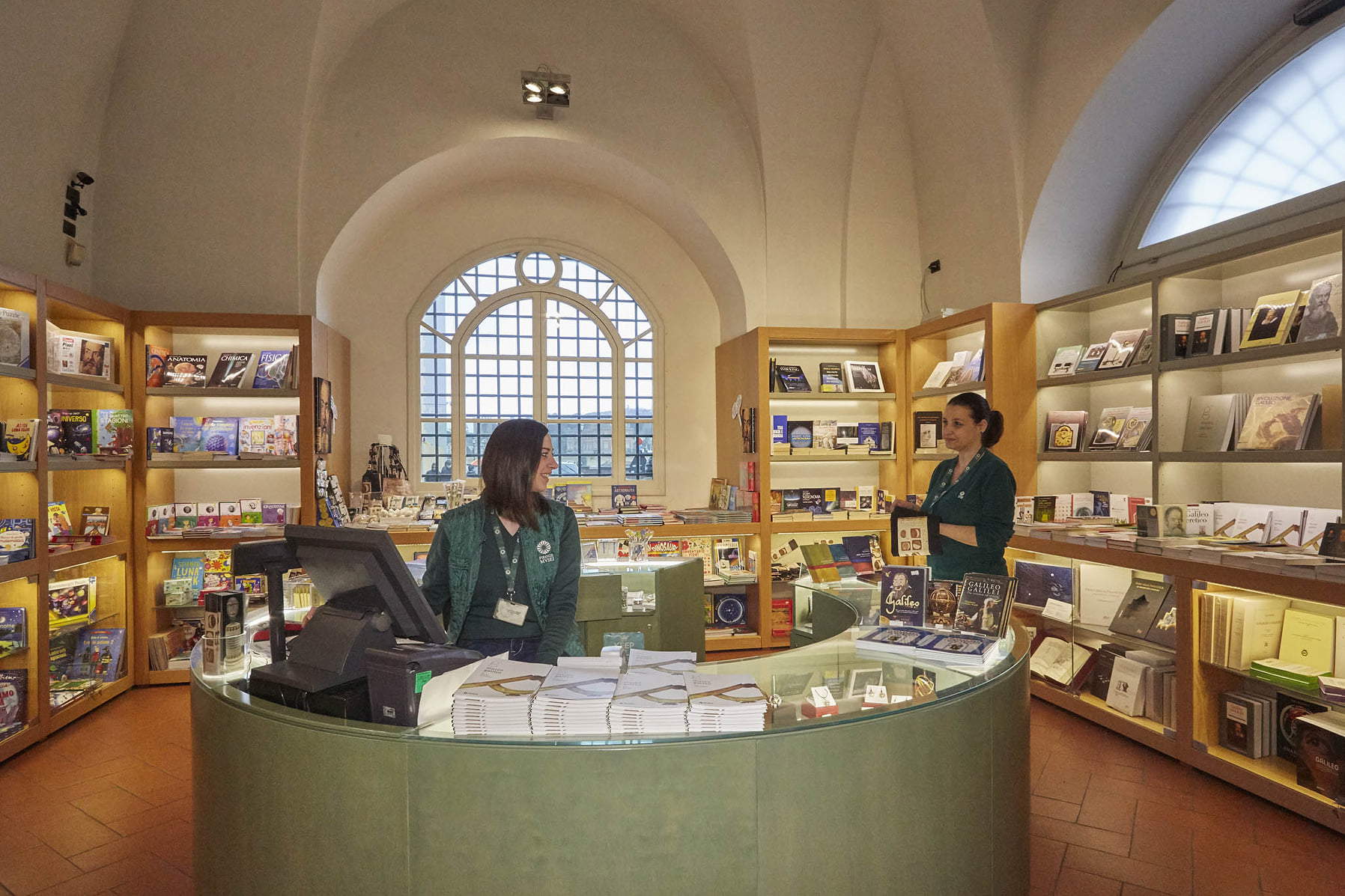How to promote environmental sustainability in museum bookshops? The answer to this question during a national webinar, open to the public and free of charge, to be held on July 22 at 4 p.m. to present the M.A.D.E. project - Museums, Artshops, Design, Sustainability - precisely with the aim of promoting environmental sustainability in museum bookshops and, more generally, along the entire cultural supply chain. The meeting will be held on Zoom, after registration(at this link), and is an opportunity for technical and strategic insights aimed at museum operators, artisans, designers and companies active in the cultural sector.
The M.A.D.E. project, already active online through the www.museisostenibili.it platform , was created with the intention of providing concrete tools for integrating sustainability criteria into museum point-of-sale management processes. It is configured as an operational and participatory tool at the service of the green transition, offering resources and support to the different actors involved in the production, design and distribution of cultural merchandising.
The webinar will be introduced by Roberto Ferrari, director of the Galileo Museum in Florence, who will outline the overall vision of the M.A.D.E. project. This will be followed by talks by Arianna Tonelli (Melting Pro.), who will present the guidelines for a more sustainable museum supply chain; Costanza Rapone (PTS), who will illustrate tools for measuring green processes; and Tommaso Vietina (Danae Project), who will elaborate on the use of the M.A.D.E. platform as a concrete working tool for museums and businesses. Moderating the meeting will be Elisa Guidi, coordinator of Artex.

The initiative is the result of a collaboration between Museo Galileo, Artex - Centro per l’Artigianato Artistico e Tradizionale della Toscana, the Accademia di Belle Arti di Firenze, ISIA Firenze and the University of Florence. These entities contributed to the definition of the objectives and the development of the tools available on the platform, which presents itself as a national reference point for the ecological transition in the museum sector.
The operational core of the project is the M.A.D.E. digital platform, accessible to the public, which provides useful materials and tools articulated according to how the museum bookshop is managed. For internally managed bookshops, an ESG self-assessment questionnaire was developed, aimed at measuring the degree of sustainability integration within the organization. The tool allows institutions to identify strengths and critical areas, offering guidance to guide strategies for environmental, social and economic improvement.
For cultural institutions that outsource bookshop management to third parties, the platform offers an operational checklist that facilitates the inclusion of sustainability criteria in calls for tenders. This tool, in line with the Minimum Environmental Criteria (CAM), provides practical guidance for drafting more responsible specifications, contributing to the definition of contractual relationships consistent with national and European environmental objectives.
Alongside these technical tools, the platform hosts an area dedicated to matching supply and demand. This is a digital space where cultural institutions, artisans, designers and suppliers of sustainable products can get in touch, promoting professional relationships oriented toward the circular economy. This space is designed to facilitate the emergence of innovative collaborations and strengthen the link between culture and sustainable production.
The M.A.D.E. platform also includes a section dedicated to regulatory insights, with up-to-date references to Italian and European sustainability legislation, certification standards and best practices. The goal is to provide a solid information context to guide the strategic choices of museums and economic actors involved in the management and production of cultural services.
The M.A.D.E. project is part of a broader reflection on the role of culture in the ecological transition. Instead, the sustainable management of museum bookshops, often underestimated in sector debates, represents a central node for rethinking the dynamics of production and distribution of cultural goods. Indeed, museum merchandising is not only a vehicle for promoting cultural identity, but also a field of experimentation for more conscious production practices.
Within the framework of the European Green Deal and national sustainable development strategies, the M.A.D.E. project aims to strengthen the capacity of cultural institutions to act as agents of change, stimulating a shared reflection on the environmental and social responsibilities of the museum supply chain. The ecological transition, in this sense, does not only concern energy or logistical choices, but implies a profound revision of organizational models, relations with the territory and forms of cultural production.
The July 22 webinar is therefore a time for discussion, but also a concrete opportunity to acquire useful and up-to-date tools. Participants will have the opportunity to learn in detail about the resources made available by the project, listen to the testimonies of the partners involved and ask live questions to the speakers. Participation is free and open to all interested parties. It is necessary to register through the appropriate link; once registration is complete, a confirmation email will be sent containing instructions for accessing the webinar on Zoom.
The M.A.D.E. project aims to build an informed, equipped and change-oriented professional community. The involvement of heterogeneous actors-museums, schools, universities, public agencies and private companies-is evidence of the desire to work in an integrated way for a more sustainable culture. The challenge is broad, but the path is set.
 |
| Sustainability in museum bookshops: a dedicated webinar on July 22 |
Warning: the translation into English of the original Italian article was created using automatic tools. We undertake to review all articles, but we do not guarantee the total absence of inaccuracies in the translation due to the program. You can find the original by clicking on the ITA button. If you find any mistake,please contact us.